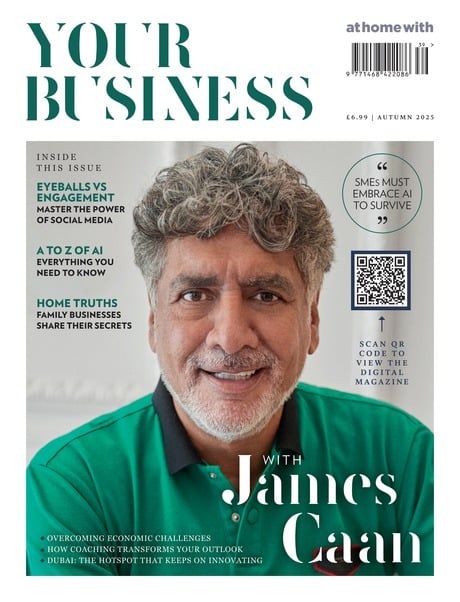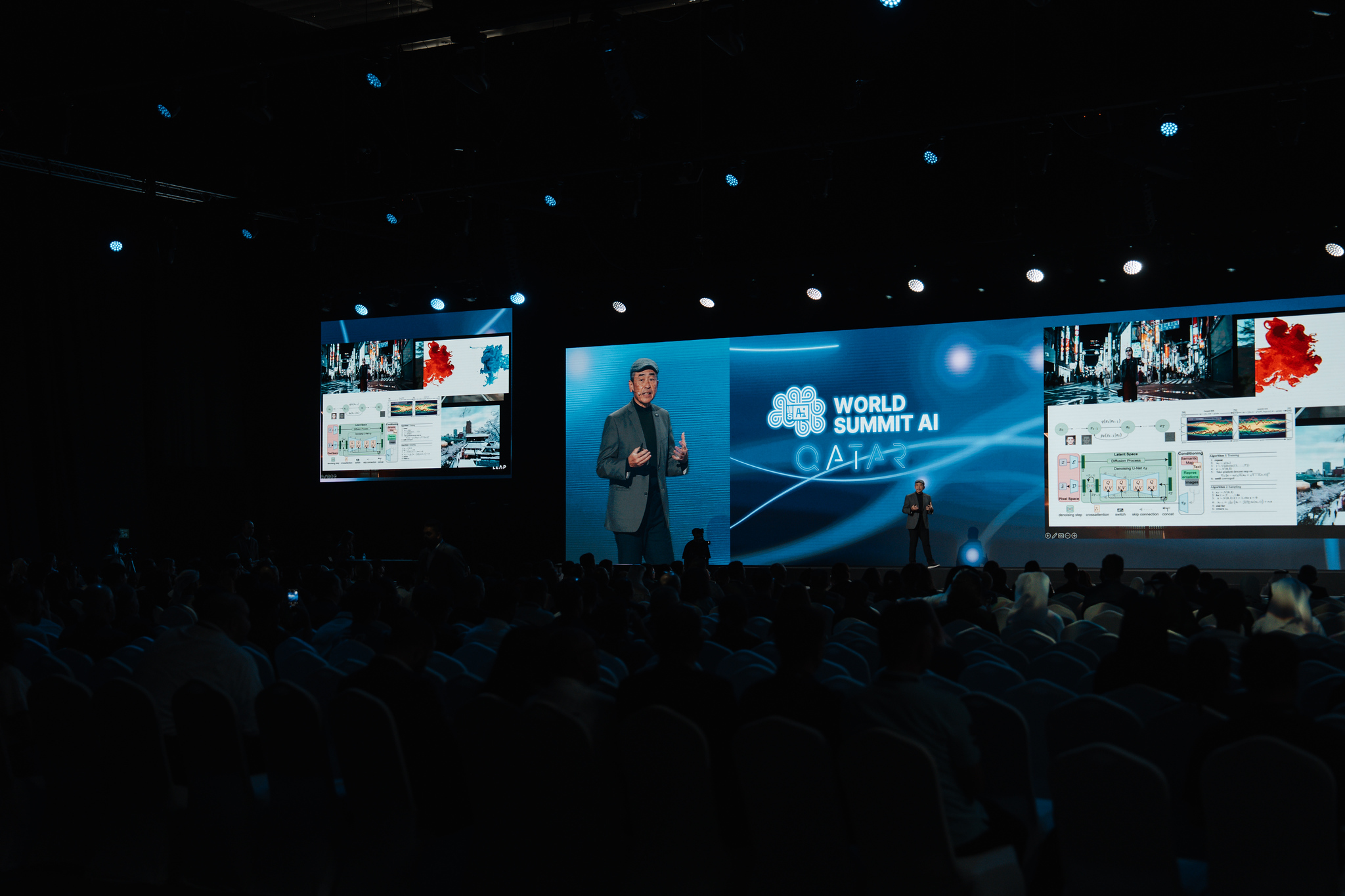Ahead of World Summit AI 2025 (October 08–09, Amsterdam), Max Welling, Professor at the University of Amsterdam and CTO & Co-Founder of CuspAI, is driven by one of the most urgent questions of our time: can AI help us design the materials that will save the planet? From carbon capture to miracle batteries, Welling believes the answers may be closer than we think — if we dare to push AI beyond chatbots and into the frontier of science itself.
What’s your most compelling dream scenario for AI — a breakthrough that would fundamentally improve life on a global scale?
The planet has warmed more quickly in my lifetime than in any other 50-year span in the last 2,000 years. We urgently need scalable solutions to combat climate change - and I don’t believe we can get there without help from AI.
Cracking the carbon capture challenge using AI could be huge. It’s a tough nut: high upfront costs and huge energy demands mean it’s not viable at scale yet. Some estimates put the cost at $800 per ton of CO₂ removed. But if AI can help us identify better materials, we can make meaningful headway.
That’s just one example. From more efficient batteries to smarter semiconductors, thankfully there’s real potential for AI to push forward climate breakthroughs.
Topics:
AI
.png?width=259&name=WSAI%20Amsterdam%20Orange%20no%20dates%202000x300%20(1).png)
.png?width=263&name=IM_Mothership_assets_LOGO_MINT%20(2).png)











